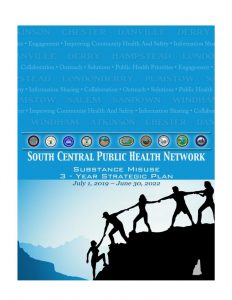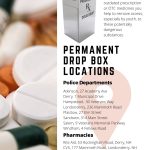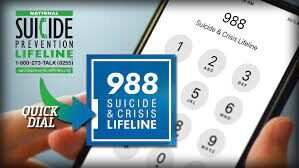Storing Medications While Traveling
Over the holidays many people will be traveling. Regardless of what holiday you celebrate and when, you may need to travel in order to be closer to friends and family members. Flights are booked, accommodations are made, pet sitters have been found but how do you manage your medications while away?
- In a car: Keep all the medication in its original containers and put it in your luggage bag. Medication should be kept away from extreme temperatures such as the heating vent in your car or the cold of the trunk. This means keeping out of the glove compartment, the center console, the trunk, and away from the floor board in the front seat. It’s best to keep it in the back, away from vents (Consumersafety.org).
- On a plane: Keep all medication in its original containers and store it in your carry-on bag (just in case). Have a list of your medications and why you take them with you in case TSA asks for it. Then the bag is cleared to fly, this also keeps the medication from being subjected to extreme cold in the cargo storage (safemedication.com).
Some other things that need to be considered:
- When storing medications at the destination keep them in the original containers, especially if you’re traveling with children. If you have access to a safe or a safe storage container, that should be used as well when traveling with other people (upandaway.com).
- Does this medication need to be refrigerated? Things like Insulin need to be kept cool even while traveling. Special medication cooler bags are available but a lunch bag with a frozen ice pack will work, too. However, keep the medication from directly touching the ice pack. The cooler can go through TSA as well but they will need to check everything inside of it and it might take a little time. Any IV bags, pumps, or syringes will need to be inspected and the liquids are likely to be as well. Having a signed slip from your doctor would be helpful during this time (safemedication.com).
- What about time zones? If you’re traveling further away through a time zone change, talk to your doctor or pharmacist about taking your medications. They will be helpful in developing an action plan so just the right amount is being taken at the correct time (consumersafety.org).
- Lastly, while traveling it’s easy to forget when to take a medication. Setting an alarm on a phone or watch could be a helpful reminder (consumersafety.org).
Additional resources to look at include:











